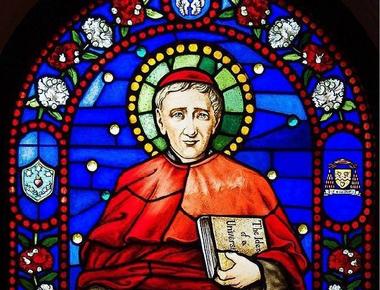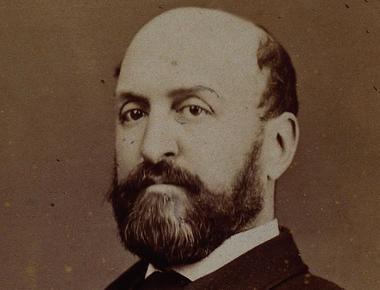
Matthew Levering’s Newman on Doctrinal Corruption navigates St. John Henry Newman’s responses to five separate challenges directed against the Catholic Church.
Matthew Levering’s Newman on Doctrinal Corruption navigates St. John Henry Newman’s responses to five separate challenges directed against the Catholic Church.
Earlier this year, NINS got the chance to sit down with Grant Kaplan and discuss the release of his new book Faith and Reason through Christian History -- Dr. Kaplan provides some helpful insights into the genesis and implications of his book.
The dialogue I seek to construct between Troeltsch and Newman hinges particularly on Newman’s reception of the patristic concept of oikonomia.
While the unravelling of Mivart’s reputation among the Catholic leadership primarily occurred after Newman’s death in 1890, a correspondence between Newman and Mivart is housed in the NINS Digital Collections.
In this lecture, Dr. Levering shows that Newman's work on doctrinal development arose from his Anglican concerns about doctrinal corruption, which at that time he identified in the Church of Rome. Why, however, did doctrinal corruption worry Newman so much?
QUICK LINKS



